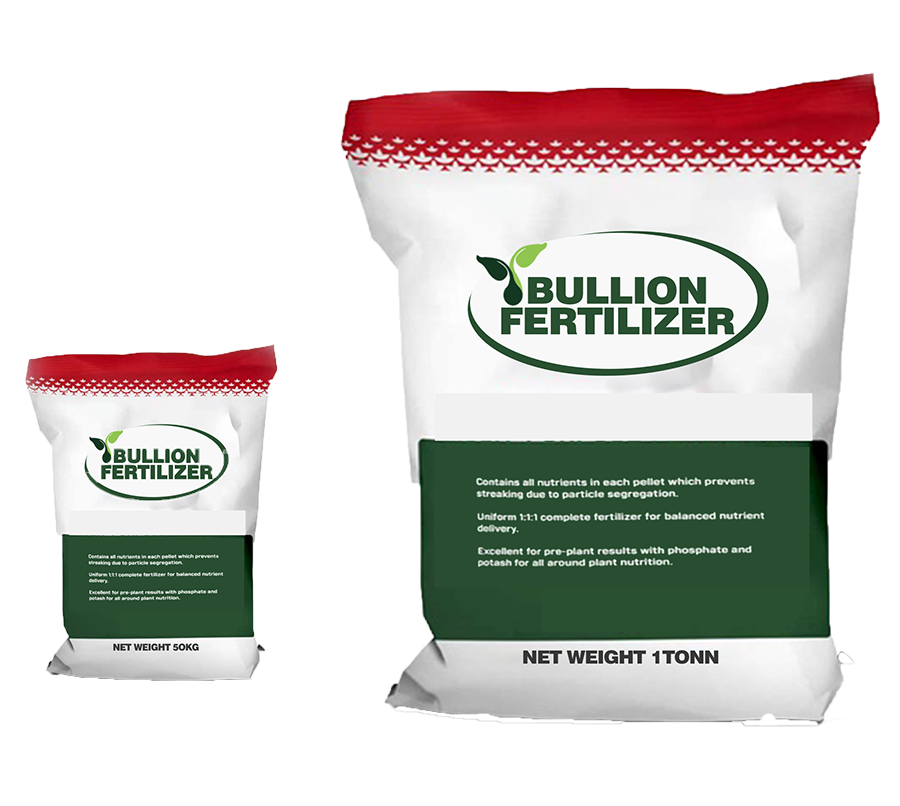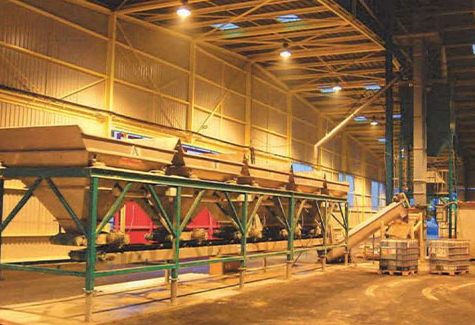Bullion Fertilizer
Project: Greenfield Ammonia-Urea Plant
Capacity (Phase I):120,000tpa Ammonia Synthesis 210,000tpa Urea Synthesis
210,000tpa Urea Granulation
Location: Nigeria
ETC: 2023
Status: Feasibility Phase
Engineering Contractor:
ILF Consulting Engineers GmbH
Bullion Fertilizer is positioned to become a leading Fertilizer and Agro-Allied Companies in Africa with a brand that is highly respected and widely recognized.
The Proposed Ammonia-Urea project is to be sited on 100ha land in hinterland Nigeria where natural gas from the Niger Delta will be processed into Urea Fertilizer for sale into the local market. The project seeks to address the lingering problem of inadequate fertilizer availability, which is considered one of the principal constraints to agricultural growth and development in Nigeria, and the entire African continent.
Bullion Fertilizer! Helping to make farming more efficient to help feed more people and livestock in Africa.

FAQs
Urea is the world's most commonly used nitrogen fertilizer and indeed more urea is manufactured by mass than any other organic chemical.
What does it Contain?
Containing 46% N, it is the most concentrated nitrogen fertilizer, and is readily available as free-flowing prills (granules). It is the cheapest form of nitrogen fertilizer to transport and it is also the least likely to 'cake'. It is therefore favoured in developing countries.
It is synthesised from Ammonia produced from Natural Gas.
Urea can be applied directly on plants or easily be blended with Mono-ammonium Phosphate (MAP) or Di-ammonium Phosphate (DAP). to provide the plants with nitrogen to promote green leafy growth and make the plants look lush. Urea also aids the photosynthesis process of plants. Since urea fertilizer can provide only nitrogen and not phosphorus or potassium, it’s primarily used for bloom growth.
• Superior Nitrogen content
• Low production cost, as source is natural
• Non-flammable and risk-free storage
• Wide application range, for all types of crops and soils
• Neutral pH and harmless to crops and soil.
• Since Urea is highly Nitrogen-concentrated, it should be used in combination with earth or sand before its application.
• Urea should not be applied when the soil contains free water or likely to remain wet for three or four days after application.








